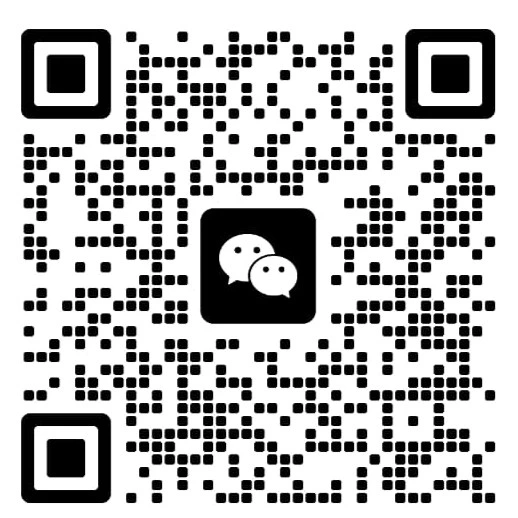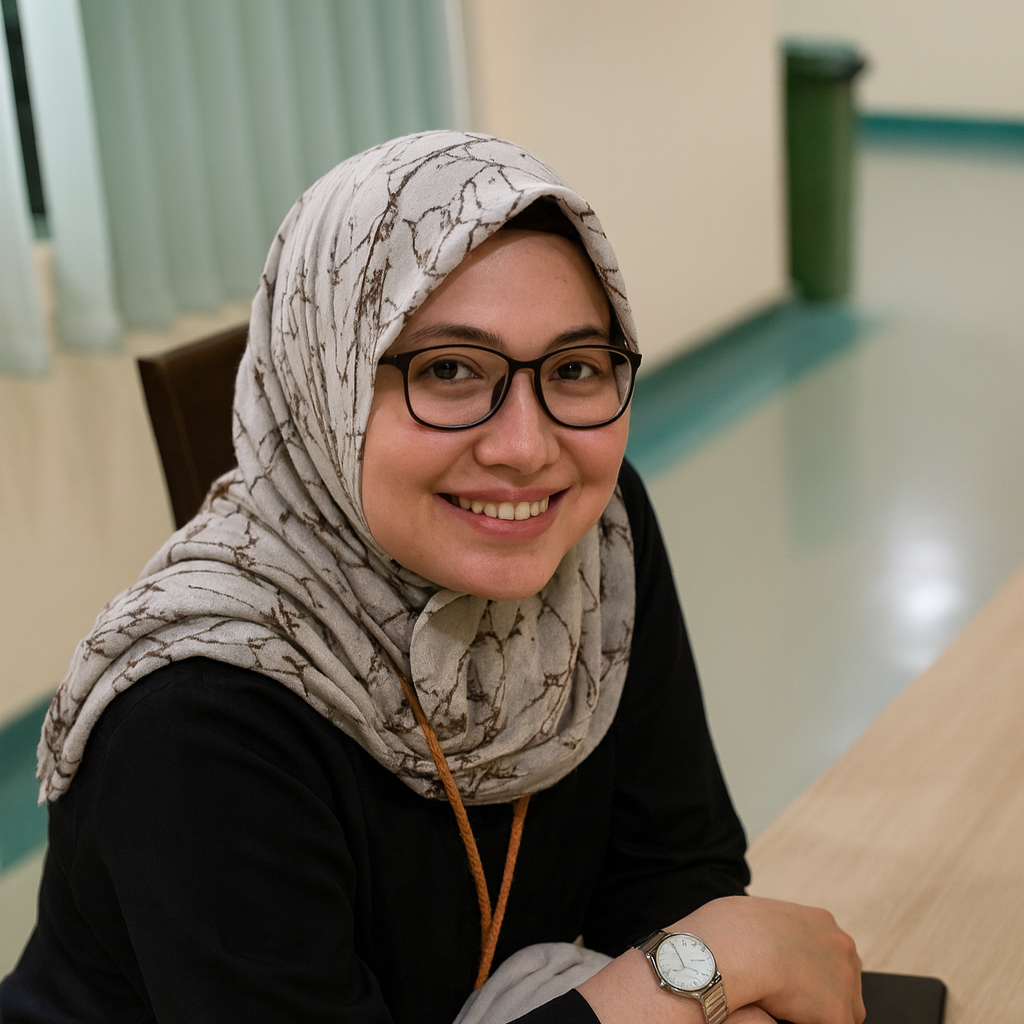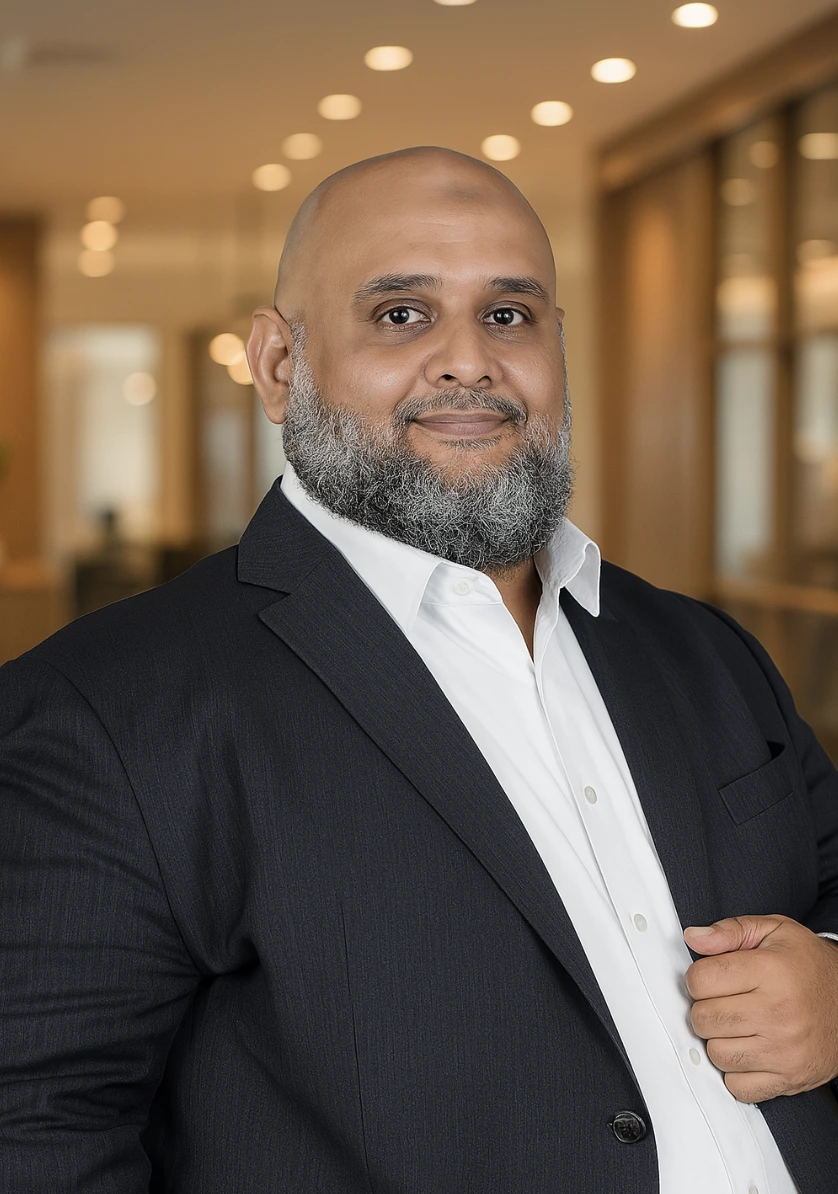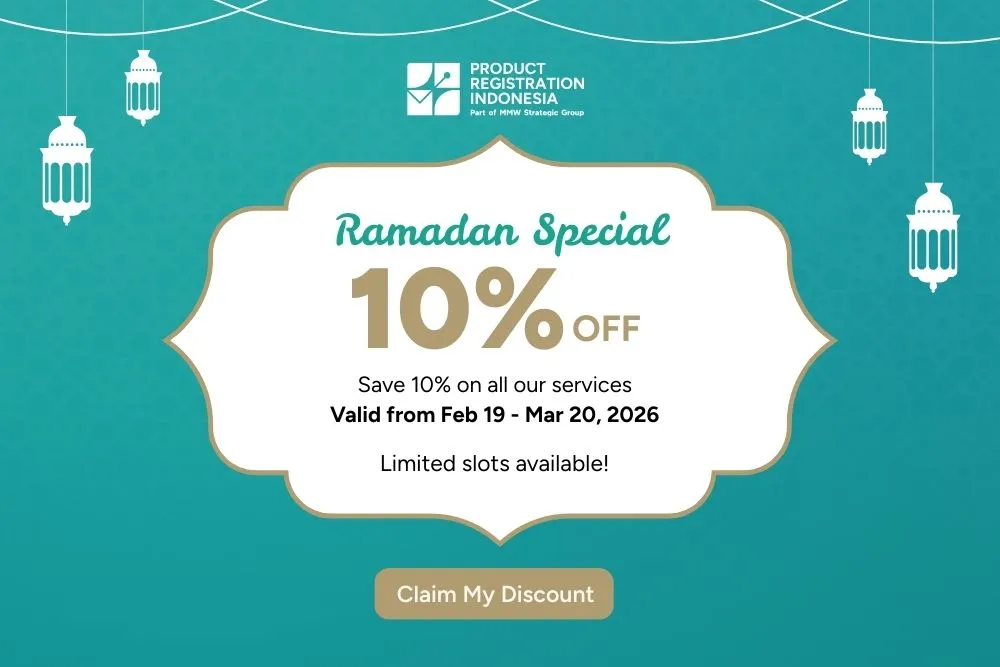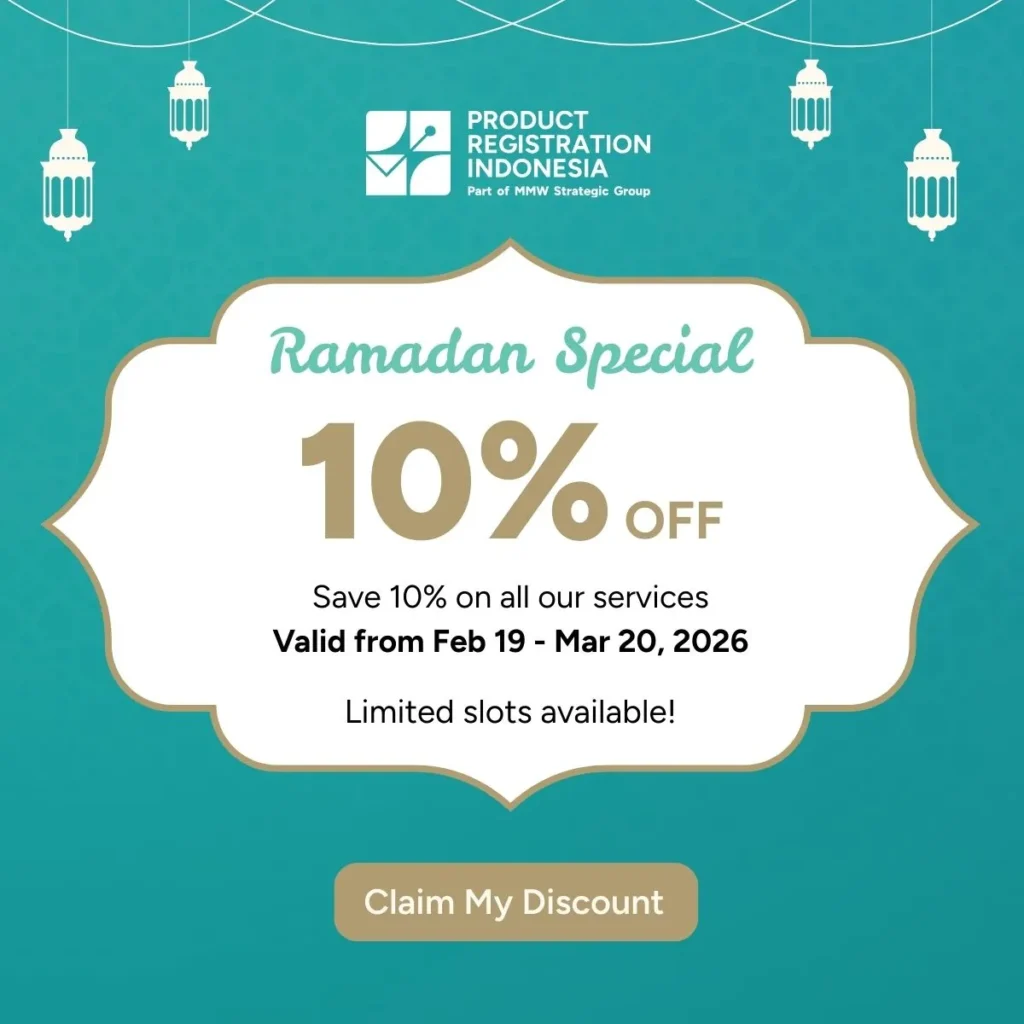Not long ago, Halal was a term found mostly on food packaging. Today, it is found in lipsticks, perfumes, shampoos, and skincare products, changing the definition of beauty for millions of consumers.
As Dr. Hussein H. Mashhour, MD, reflected in his essay about halal standards for the beauty industry on LinkedIn,
“Halal certification has transformed from a dietary principle into a lifestyle language, one that speaks of purity, safety, and respect for human values.”
Indonesia, with the world’s largest Muslim population and a booming cosmetics market, is now leading this transformation. What began as compliance is now an industry-wide movement shaping innovation, consumer trust, and international competitiveness.
The Rise of the Halal Beauty Movement
The global beauty industry is undergoing a quiet revolution. Today’s consumers seek more than just aesthetics; they demand assurance, ethics, and transparency. In Indonesia, this revolution has a name: Halal Beauty.
Driven by Law No. 33 of 2014 on Halal Product Assurance and the establishment of BPJPH (Badan Penyelenggara Jaminan Produk Halal), cosmetics are among the first non-food categories required to undergo Halal certification.
The Numbers Behind the Trend
- Indonesia’s cosmetics market exceeded USD 7 billion in 2024, growing at 9–10% annually.
- Over 60% of consumers now say Halal certification influences their beauty purchases.
- More than 90,000 products have been Halal-certified under BPJPH, and that number keeps rising.
This shift is more than just regulatory; it signifies a generational movement towards ethical consumption and lifestyle branding guided by faith.
Halal in Beauty is More Than What’s Inside the Bottle
Halal certification in cosmetics is not merely about excluding pork or alcohol. It covers the complete product life cycle, including ingredients, labeling, manufacturing, storage, and distribution.
What Halal Means in Cosmetics
- Ingredients: All raw materials, colorants, emulsifiers, and fragrances must be verified as Halal or plant/mineral-based.
- Manufacturing: Equipment and facilities must prevent cross-contamination with non-Halal substances.
- Storage & Distribution: Separation between Halal and non-Halal goods, even during transport.
- Testing & Documentation: Detailed formulation records, supplier declarations, and laboratory analyses are mandatory.
As Dr. Hussein notes, “In the beauty sector, Halal is not about religion policing vanity — it’s about ensuring that beauty is safe, ethical, and honest.”
This holistic approach aligns closely with international quality systems such as ISO 22716 (Cosmetic GMP) and EU Cosmetic Regulations. It represents a natural convergence between faith-based values and modern manufacturing ethics.
Indonesia’s Regulatory Landscape for Halal Cosmetics
Indonesia’s Halal regulatory framework is one of the most comprehensive in the world.
- BPJPH oversees Halal certification for cosmetics and personal care products.
- LPH (Halal Inspection Bodies) conducts on-site audits and ingredient verification.
- MUI (Indonesian Ulema Council) provides religious rulings for complex cases.
- BPOM (National Agency for Food and Drug Control) continues to regulate product safety and claims.
These agencies work in tandem, creating a dual-assurance model:
- BPOM ensures safety and efficacy.
- BPJPH ensures Halal integrity.
The result? Indonesian-certified cosmetics enjoy high consumer trust both locally and abroad, especially across Muslim-majority markets in Southeast Asia, the Middle East, and North Africa.
Ethical Beauty as a Competitive Advantage
For global brands, Halal certification has become a strategic marketing differentiator, not just a compliance step.
Case Study: Indonesia’s Halal Branding Impact
- A well-known skincare brand that obtained BPJPH certification reported a 30% increase in sales among Gen Z Muslim consumers.
- Several Korean and Japanese brands are now working with Indonesian partners to localize formulations and achieve Halal approval before launch.
Why? Halal certification signifies trust, transparency, and traceability. The qualities that hold significance beyond religious beliefs.
In fact, even non-Muslim consumers associate “Halal” with “clean, cruelty-free, and sustainable” by mirroring global trends like veganism and green cosmetics.
As Dr. Hussein describes it, “Halal and clean beauty are two roads leading to the same destination — ethical self-care.”
Challenges in the Halal Cosmetic Ecosystem
Despite rapid progress, the Halal cosmetics industry still faces challenges that require coordination between regulators and brands:
- Complex Ingredient Supply Chains: Many emulsifiers, waxes, and fragrances are imported, with unclear traceability.
- Certification Redundancy: Brands often face double registration with BPOM and BPJPH.
- Limited Awareness: Small manufacturers and contract factories may lack knowledge of Halal documentation.
- R&D Adaptation: Reformulating to meet Halal and vegan-friendly standards requires investment in new technology and sourcing.
Yet, these challenges are driving innovation. Major brands are establishing Halal-compliant R&D labs and working directly with BPJPH-certified suppliers to simplify audits.
Indonesia as a Halal Beauty Hub
Indonesia’s regulatory credibility is positioning it as the Halal beauty capital of Asia.
Through ASEAN cooperation and mutual recognition agreements (MRA), Indonesian Halal certificates are increasingly accepted in Malaysia, Brunei, and the UAE. This makes Indonesia a strategic gateway for cosmetic exporters seeking access to wider Muslim-majority markets.
Cosmetics and personal care have been identified as a top-five export priority in the government’s Halal Economy Master Plan 2025, alongside food, pharmaceuticals, and fashion.
By 2030, Halal-certified cosmetics are projected to account for over 40% of Indonesia’s total beauty exports.
Halal Standards and the Future of Beauty Innovation
Halal is evolving from a compliance seal into an innovation framework.
- R&D Direction: Research on Halal-certified bio-actives, botanical preservatives, and non-animal collagen.
- Technology Integration: Blockchain-based ingredient tracking for transparency.
- Sustainability Alignment: Shared values between Halal, cruelty-free, and ESG manufacturing.
- Consumer Education: Halal beauty influencers and digital campaigns bridging ethics and aesthetics.
Indonesia’s digitally native youth are influencing how brands communicate their Halal narratives, merging heritage with innovation and faith with aesthetics.
The transition from food to lipstick signifies more than mere market evolution; it represents a profound change in awareness.
Halal certification has transformed Indonesia’s beauty industry into a model of ethical innovation, showing that faith and fashion can coexist. It has inspired a new generation of consumers to see beauty as an expression of care — for oneself, for others, and for the planet.
As Dr. Hussein writes,
“When beauty honors belief, it ceases to be vanity — it becomes virtue.”
And that virtue, shaped by Indonesia’s leadership, is now inspiring the world.

